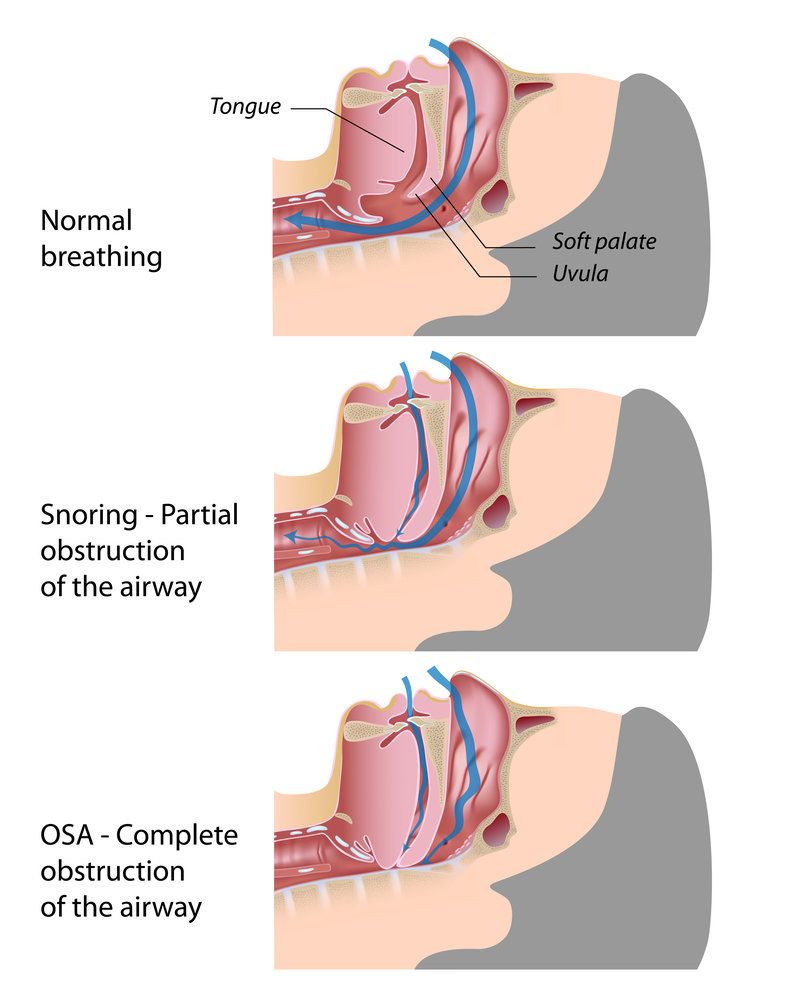A Vicious Cycle: The Connection between Obesity and Sleep Apnea
 At Tijuana Bariatrics, we are proud to offer a comprehensive range of surgical obesity treatment options to help patients in their attempts to achieve massive weight loss. Losing this weight is important for many reasons, not least of which is that it lowers the risk of many comorbid diseases and health conditions. For example, losing weight can dramatically lower the risk of sleep apnea, a serious condition closely associated with obesity.
At Tijuana Bariatrics, we are proud to offer a comprehensive range of surgical obesity treatment options to help patients in their attempts to achieve massive weight loss. Losing this weight is important for many reasons, not least of which is that it lowers the risk of many comorbid diseases and health conditions. For example, losing weight can dramatically lower the risk of sleep apnea, a serious condition closely associated with obesity.
In discussing obesity and sleep apnea during consultations at our Tijuana, Mexico bariatric surgery center, our surgeons inform patients that being overweight is the number-one cause of sleep apnea. While there are other factors that can contribute to apnea, losing weight through obesity treatment can make a profound difference in a person’s risk for the condition.
If you are interested in learning more about your bariatric surgery options, we encourage you to schedule your initial consultation at Tijuana Bariatrics today.
What Is Sleep Apnea?
Sleep apnea is a dangerous condition in which the airway becomes obstructed when a person is sleeping. The most common symptom of sleep apnea is loud snoring, which is often noticed by the sufferer’s spouse or partner. While snoring may be the only result of the airway obstruction in mild cases of sleep apnea, in severe cases, a person can stop breathing for 10 seconds or longer several times each night. This, in turn, can result in heart arrhythmias, low blood oxygen levels, frequent awakening during sleep, headaches, and constant fatigue during the day.
How Is Sleep Apnea Related to Obesity?
When a person is asleep, the tongue and throat muscles relax. As they relax, the soft tissues can cause the airway to become obstructed. If the soft tissues of the throat, mouth, tongue, and neck have excess fat, the likelihood of airway obstruction increases. Obese individuals tend to have larger tonsils, tongues, and necks, all of which can contribute to sleep apnea.
Studies have shown that people who get insufficient amounts of sleep are more likely to overeat than people who get adequate sleep each night. Often, people with sleep apnea wake up multiple times during the night without even realizing it. Yet, they suffer the effects of sleep deprivation, including an increased likelihood to overeat. In this sense, sleep apnea presents a vicious cycle. Being overweight contributes to the risk of sleep apnea, while sleep apnea contributes to the risk of being overweight.
Fortunately, bariatric surgery can help patients lose the weight they need to lower their risk of sleep apnea. If further treatment is necessary for sleep apnea, it can be provided through splint or night guard therapy.
Learn More about Obesity and Sleep Apnea
If you would like to learn more about the connection between obesity and sleep apnea, or if you wish to schedule your initial consultation with our network of highly skilled bariatric surgeons and weight loss specialists, please contact Tijuana Bariatrics today.




